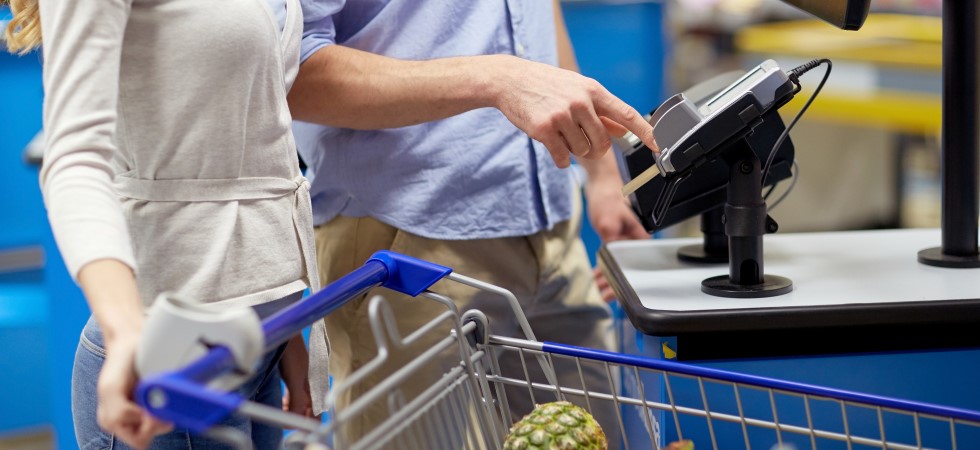The Institute of Grocery Distribution (IGD) has launched its Global Retail Trends 2026 report, identifying seven key trends that it believes will “define the direction of the food and grocery industry” over the next 12 months.
IGD said that together, the trends highlight where innovation and investment will be most critical and could help “guide retailers’ strategic choices to differentiate themselves, stay relevant, and secure long-term growth” in the marketplace.
It went on to say that retailers were navigating “ongoing geopolitical and economic uncertainty”, while rising consumer focus on health and wellbeing is fuelling demand for wellness, preventative and functional products. Technological progress “continues at pace”, requiring retailers to strike a balance between embracing innovation and maintaining resilient infrastructure.
Climate change and environmental concerns are also intensifying, said IGD, with both regulators and consumers expecting greater sustainability efforts. Additionally, demographic shifts are influencing shopper expectations, with a growing demand for personalisation, faster service and better value.
IGD’s seven trends take these macro drivers into account and follow the strategic journey shaping retail transformation, from securing resilient foundations, to empowering innovation, monetising new growth models and ultimately contributing to a more responsible industry.
IGD’s seven global retail trends for 2026 are:
- Cybersecurity becomes retail’s frontline: it expects cybersecurity to shift from a siloed IT function to a board-level strategy priority.
- AI as the engine of the retail revolution: retailers will continue to use AI to drive profitability and efficiency through advanced strategies.
- Retail media comes of age: the next five years will see certain retailers in certain markets reach a level of retail media maturity.
- Retailers race to capture the world on their shelves: globalised flavours going further, with clearer segmentation; strategies that reflect diverse communities; and curating more authentic ranges supported by storytelling and seasonal events.
- The convenience revolution: specialist convenience operators will increasingly focus on food and drink to be consumed in minutes, not days, gradually eroding take-home grocery assortments.
- Playing a meaningful role for more health missions: retailers will serve a broader span of health missions, and do so in “deeper and more meaningful” ways.
- The war on waste: in the coming years, IGD expect retailers to increasingly prioritise reducing food and packaging waste both in the supply chain and within stores.
Toby Pickard, retail futures senior partner at IGD, commented: “Retailers around the world face evolving consumer preferences, technological advances, and market disruptions, and they are responding to these shared challenges with bold, relevant solutions. The seven trends we have identified show how global forces are reshaping strategy, and why agility, relevance, and execution will define the leaders of tomorrow.”









